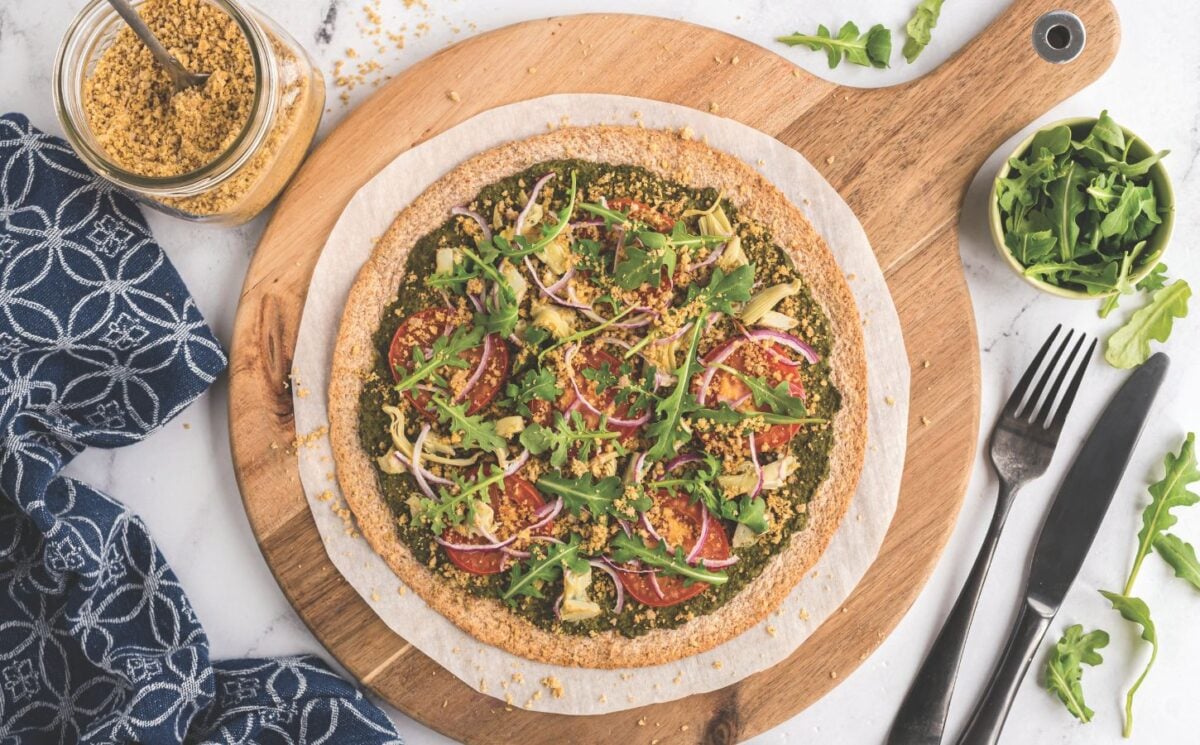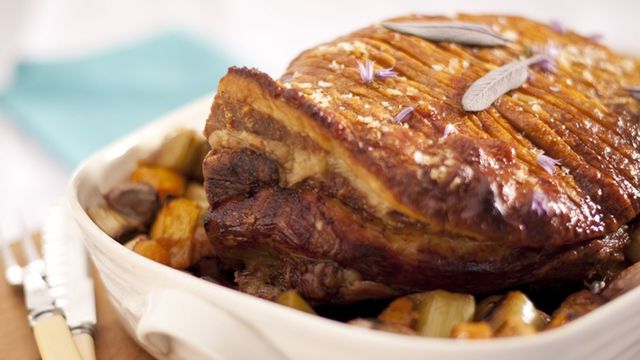
I find that screw-capped reds, especially fuller-bodied Australian shiraz and cabernet, age much more slowly with screw caps, so why bother cellaring screw-capped wines? — T.M., Bondi Junction, NSW I find little difference between wines aged with a screw cap and those under a good cork.
But not all corks are good, and the incidence of cork-related oxidation and TCA taint is unacceptably high. If I were a winemaker, I’d have no hesitation in banning all corks. Obviously, all wines are different: factors such as grape variety, region, winemaker and winemaking techniques result in enormous variations.
It’s impossible to say all wines will be better under a screw cap, but for my money, it is way ahead of cork. I have opened many aged red wines with screw caps (including Moss Wood, Henschke, Penfolds and Cullen) and they have aged very well. I agree that they tend to be fresher than cork-sealed wines, which is no bad thing to me, but others may disagree.
What I love about mature red wines is a combination of aged complexity along with a degree of freshness. If you can still taste the fruit, as well as the mellow bottle-aged characteristics, this is where peak pleasure lies. So, I don’t agree that wines age too slowly under a screw cap, nor that there is no point cellaring them on the assumption they won’t change.
It is true that, on average, wine will age more slowly, and therefore for longer, under a screw cap, but this is because the average includes wines that have aged prematurely because of poor corks. These days, winemakers have plenty of choice in wadding – the disc of silvery stuff beneath the aluminium cap – which makes the airtight seal. Some let in a small, controlled amount of oxygen, as most corks do; others are less air-permeable.
Usually, the cheaper wines have a cap that lets in more air because they aren’t intended for long storage. I once met a winemaker from an Alsace winery who, when asked if his firm was considering screw caps, replied in the negative, adding, “Ah, but zee wines do not age under zee screw cap.” He had obviously never tasted a good, aged, screw-capped Australian riesling.
There are plenty around: riesling makers have been using screw caps since the 2000 vintage. Got a drinks question for Huon Hooke? [email protected].
au What’s the deal with deep-sea wine ageing?.














